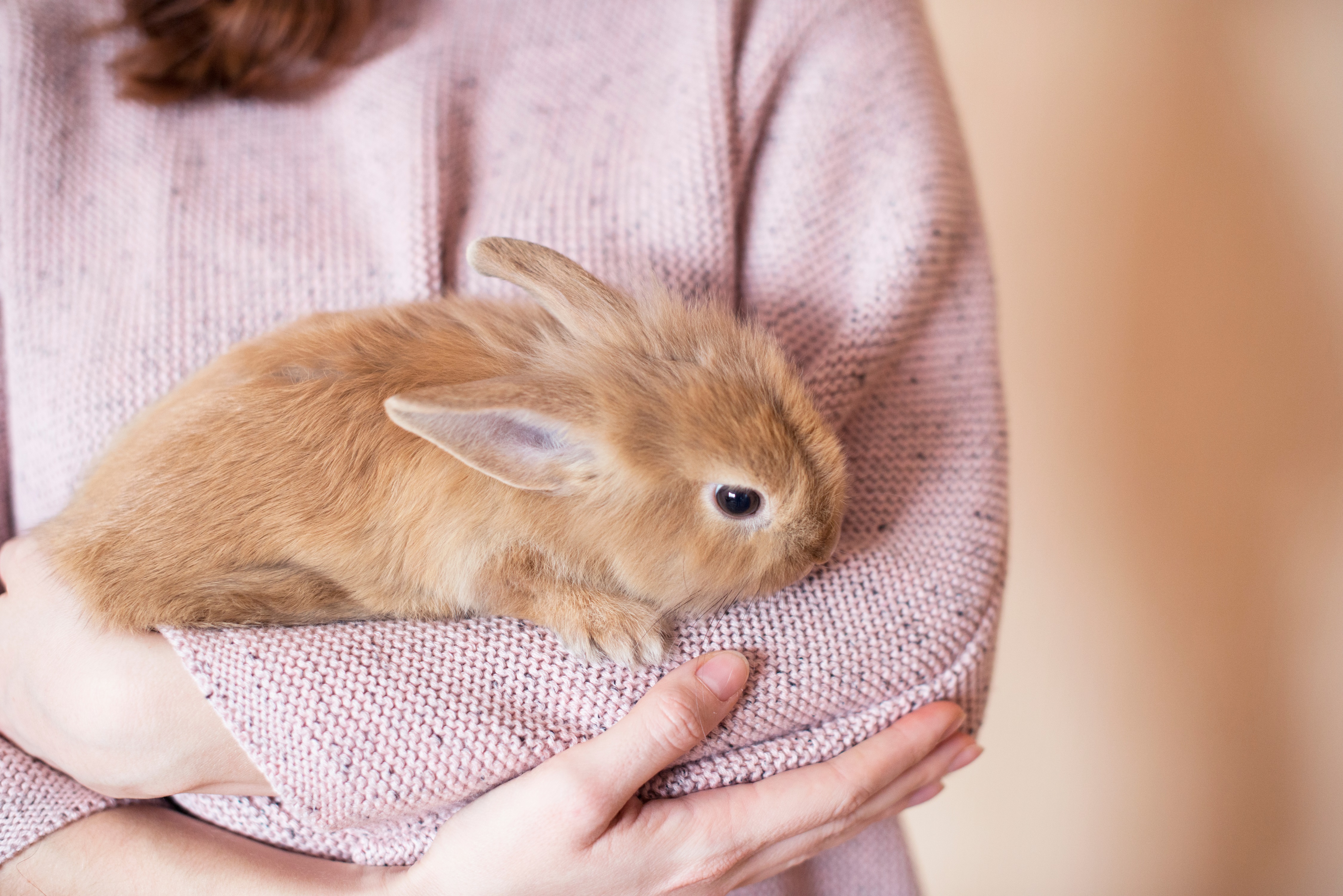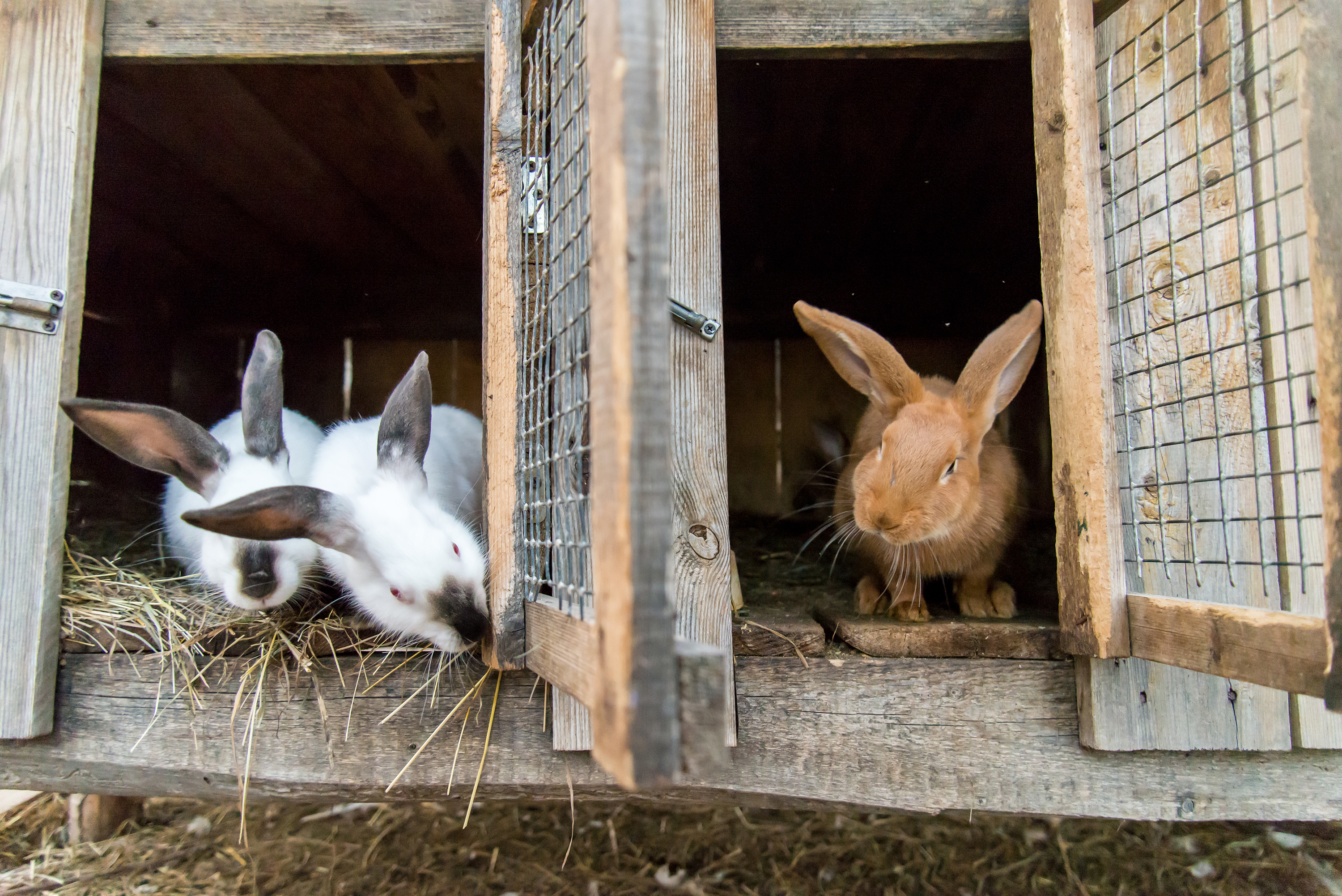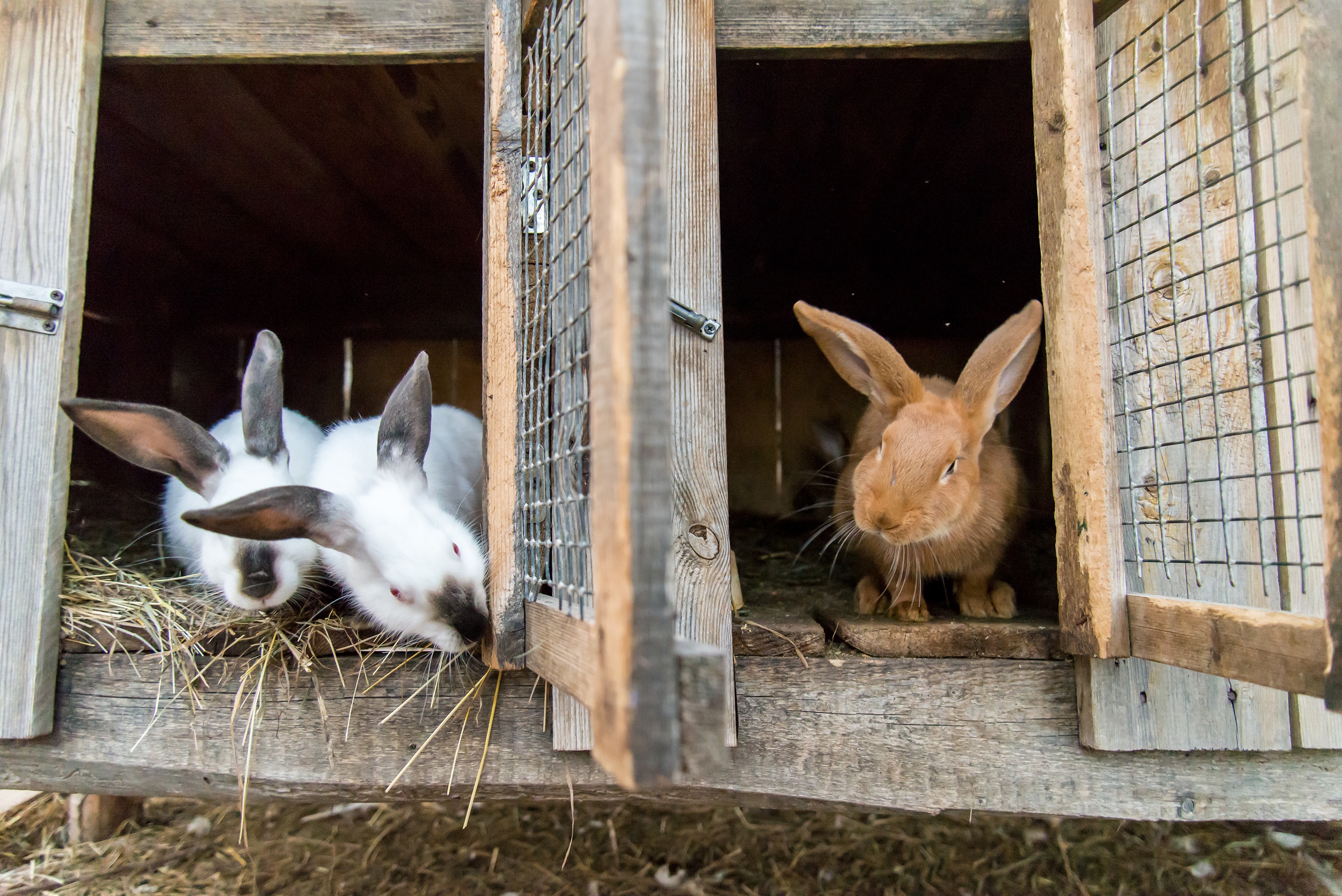Bunny Huggers - The Ins and Outs of Keeping Rabbits as Pets
Rabbits are wonderful pets to keep. They are playful, friendly, affectionate and curious little creatures. With the right diet and proper care, they can live long, happy lives as part of the family. But there are a few things that are important to keep in mind. Here’s our guide to being a bunny hugger.
Choosing your rabbit/s
Rabbits live for 8 – 12 years, so before you get yours, make sure you are willing to make a long-term commitment to its care. You may also want to consider getting two, because they are social animals and love (the right) companionship. As a general rule, try to get a neutered male and neutered female from the same litter, as they are likely to get along. Unrelated males are likely to fight and rabbits from different litters can also have issues – if one is bigger than the other, it could lead to bullying.
Bringing them home

It’s important to note that rabbits need time to get used to their surroundings when you first bring them home. They can be nervous in the beginning, so don’t try to pick your new pet up for the first few days. Talk to it gently, coax it with some bits of apple or celery and then give soft, gentle strokes when it lets you. Give it a few days to get to know you and the home before you try to pick it up. Unlike kittens, you can’t pick a bunny up by the scruff of its neck – use two hands and keep it low to the ground at first (with you sitting on the floor or couch) in case it jumps and injures itself.
Grooming
Your bunny will need frequent brushing, especially if it has long hair. This stops matting and removes loose hair, while at the same time strengthening the bond between you. Use the right brush and be very gentle, as rabbits have delicate skin.
Exercise and Play
Rabbits are very playful pets, so make sure they have plenty of toys and you keep them physically and mentally stimulated. A bored bunny may start to develop behavioural problems, including fur plucking. There are a variety of toys, play tunnels and feeding toys available – you’ll soon get to know which your new pet likes and what he or she likes to do for fun.
Accommodation
Whether your rabbit lives inside or outside, it will need a hutch with a permanently attached run. It should always be dry, well-ventilated and kept cool, as heat can be fatal to rabbits. These little animals are clean by nature, so make sure they have a separate litter area, lined with newspaper and hay, straw or dust-free wood chips, which you change very regularly.
For outdoor rabbits, you need to make sure the area is fairly quiet (away from barking dogs) and rat proof. Rabbits can easily become stressed, so if you are housing them outside, it should be in a cool, protected and quiet area.
Food
Rabbits have a fairly fussy digestive system that needs both digestible and indigestible fibre moving through it at all times. Indigestible fibre moves through the digestive system and is excreted as separate, round, hard droppings. Digestible fibre on the other hand is moved up into an organ called the caecum, which contains good bacteria that ferments the fibre. This is excreted as caecotrophs, sticky droppings which the rabbit eats again. The second time it passes through the system, it leaves behind all the nutrients.
If rabbits don’t get the right amounts of both digestible and indigestible fibre, it can quickly lead to health problems, so it’s vital you feed your rabbit high quality rabbit food.
Foraging is natural behaviour for bunnies, so you can create foraging experiences by hiding bits of celery and other treats in hay around the garden.
Always keep fresh, cool water available to your bunnies.

Don’t feed muesli
Introducing muesli is not a good idea, as the rabbits can easily become addicted to the sugar content, while the starch overload can cause weight and other health problems.
Health matters
Like any other pet, the better you know your rabbit, the easier it will be to spot any changes in habits or appearance that will indicate health issues. Rabbits are susceptible to various health issues and diseases, but with regular vaccination, an excellent diet and a healthy lifestyle, it can live a long happy life.
Simple health checks you can perform include checking the ears for mites and fleas, making sure the eyes are clear and shiny, that their fur is healthy and their teeth and claws aren’t overgrown. Yes, their teeth can grow and grow if they don’t get the right type of fibre to help break them down.
Simple health checks you can perform include checking the ears for mites and fleas, making sure the eyes are clear and shiny, that their fur is healthy and their teeth and claws aren’t overgrown. Yes, their teeth can grow and grow if they don’t get the right type of fibre to help break them down.
It’s important to understand that rabbits kept as pets are much less active than those that live in the wild. Because of this, weight problems are a risk and should be monitored at all times. Obesity in bunnies puts pressure on their little heart and joints, can create ‘bed sores’ and may make it hard for them to clean themselves, which can lead to flystrike. The other thing to consider is that if they can’t reach their bottoms, they can’t re-ingest caecotrophs, which in turn leads to further health issues. Find out what your bunny’s ideal weight is, and then make sure you keep it there with regular weigh-ins and adjustments where needed.
There are two main vaccinations to keep your bunnies free from infectious diseases. You should ask your vet about these and make sure you always keep up to date with their vacs.
It may seem like a lot to remember, but once you understand your rabbit’s needs, you can very easily make sure it gets the right food, and all the love, play and exercise needed to be a happy bouncing bunny.



